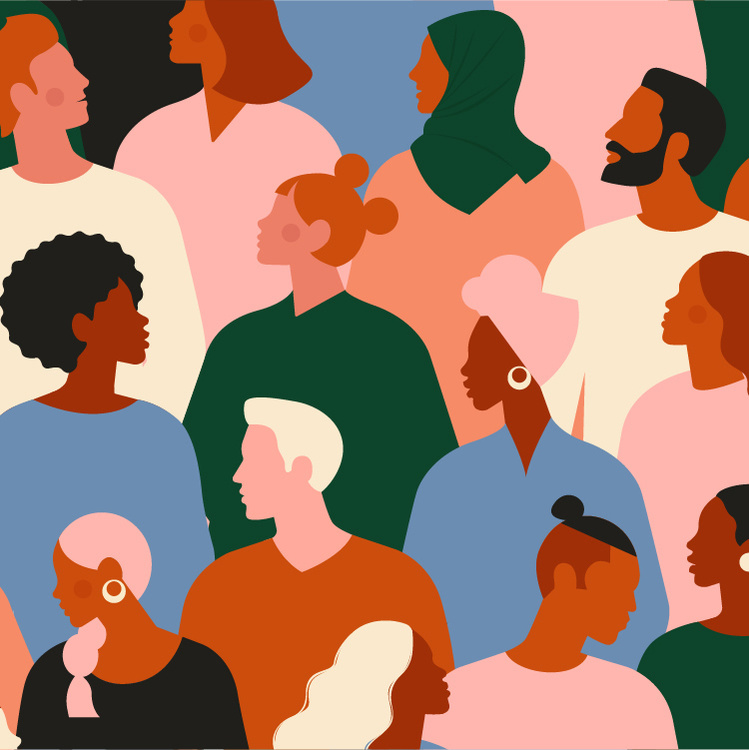Students Share Personal Experiences at Race, Class and Culture Event
Students gathered virtually for a paneled discussion on the issues of race, class and culture at Colgate on Feb. 3. The session marked one of the many events the University hosted as a part of their 2021 Martin Luther King Jr. Week Celebration, organized by the Africana, Latin, Asian and Native American (ALANA) Cultural Center and the Dean of College Division. Junior Keilani Blas and first-year Elannah De La O moderated the conversation with ALANA director Esther Rosbrook. Each student panel member kicked off the event by introducing themselves and sharing stories regarding their personal identities and heritage.
The first question Blas asked of the panel kicked off a conversation about culture shock at Colgate, a predominantly white, rural school.
“Before becoming a student at Colgate, which identities were most important in navigating your home community? Did the importance of those identities shift at Colgate? How did you handle that shift, if there was one?” Blas said.
Junior Sophia Beresford answered by sharing her experience of moving to Colgate after growing up in New York City, discussing the different “type” of whiteness that stands out at Colgate. When she drove up to school, Beresford saw a Confederate flag for the first time and wondered how she could still be in New York. Sophomore Juny Ardon compared Colgate’s stark whiteness and the wealth of the student body to walking through the wardrobe to Narnia, expressing how she felt she had entered another world.
“How does your racial identity function inside the classroom?” Blas asked next. “Is it overly positive or negative?”
Students shared how their experience depended on the course’s subject, but overall, they found that humanities classes discuss topics of race and class more than science, technology, engineering and mathematics (STEM) courses. However, many students are uncomfortable during these discussions. Germain Tchuinkam, the only person of color in one of his courses, felt as though all eyes were on him when his First-Year Seminar (FSEM) read Dubois’ The Souls of Black Folk. Junior Hilary Almanza shared that she feels as though political science classes were uncomfortable for people of color during Donald Trump’s presidency in which students could debate the existence of other students in the classroom without recognizing the emotional weight of those conversations. She attributes this feeling of uneasiness to classmates and professors often disregarding the possibility that some students feel marginalized and attacked by Trump’s words and actions.
Blas opened up the floor for discussion from everyone in attendance with a final question: “How has your racial, gender, or class identity functioned in Colgate social life? This can range from interaction in the dining hall to a frat party.”
Participants agreed that many students at Colgate remain ignorant about class and race issues in groups and organizations on campus. Students also encouraged allies to have honest and open conversations with the community and their peers, as being a person-of-color (POC) at Colgate is difficult for many. To end the productive and meaningful talk, the panel expressed their gratitude for the opportunity to share their stories and experiences while continuing to encourage others to keep attending ALANA events. Ardon shared that she loves these conversations and the community that attends them, as they make her feel happy and comfortable. All in all, the hosts and participants hope to continue conversations about positive change on Colgate’s campus.









